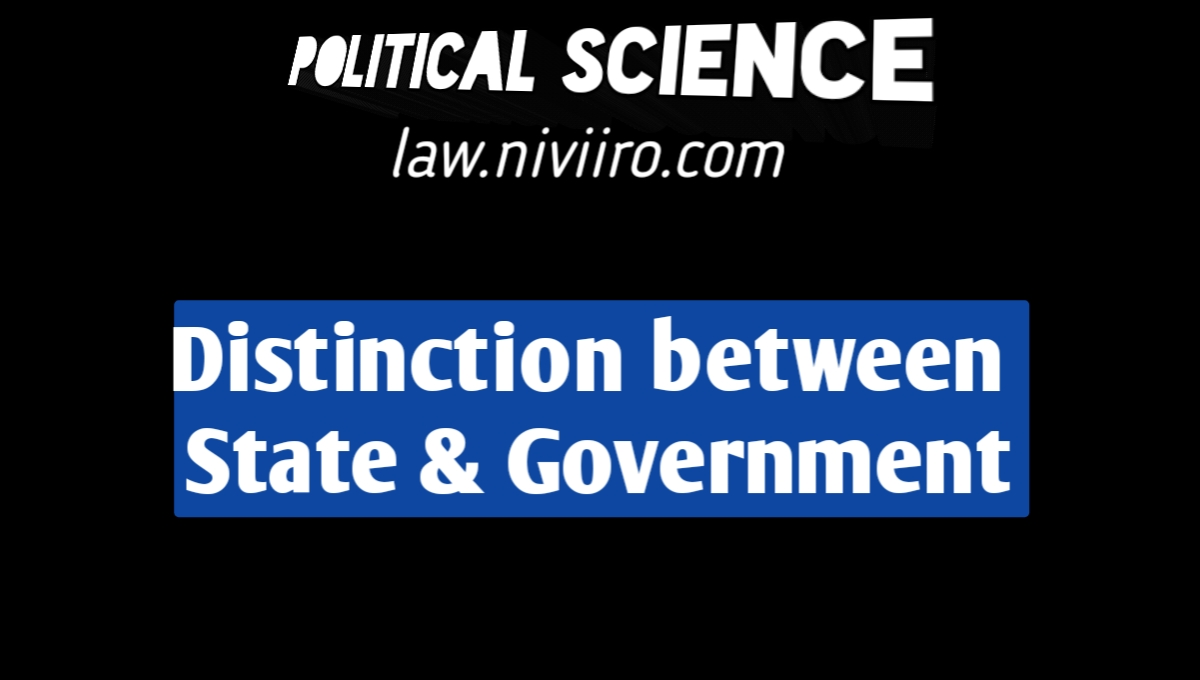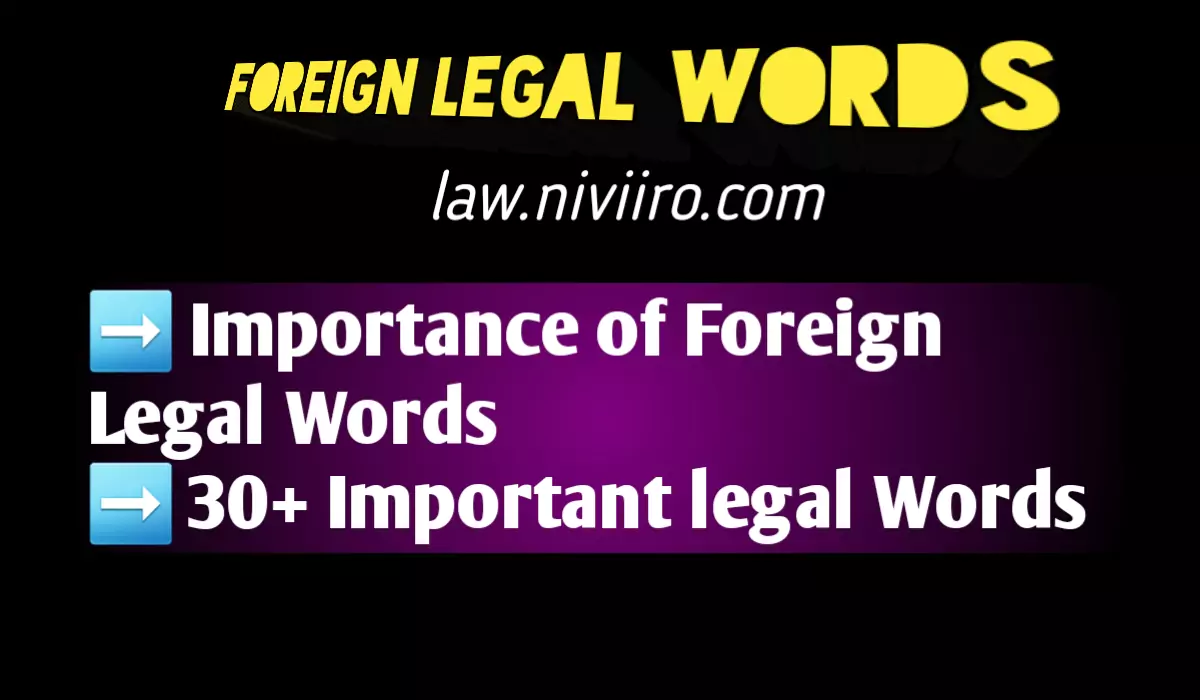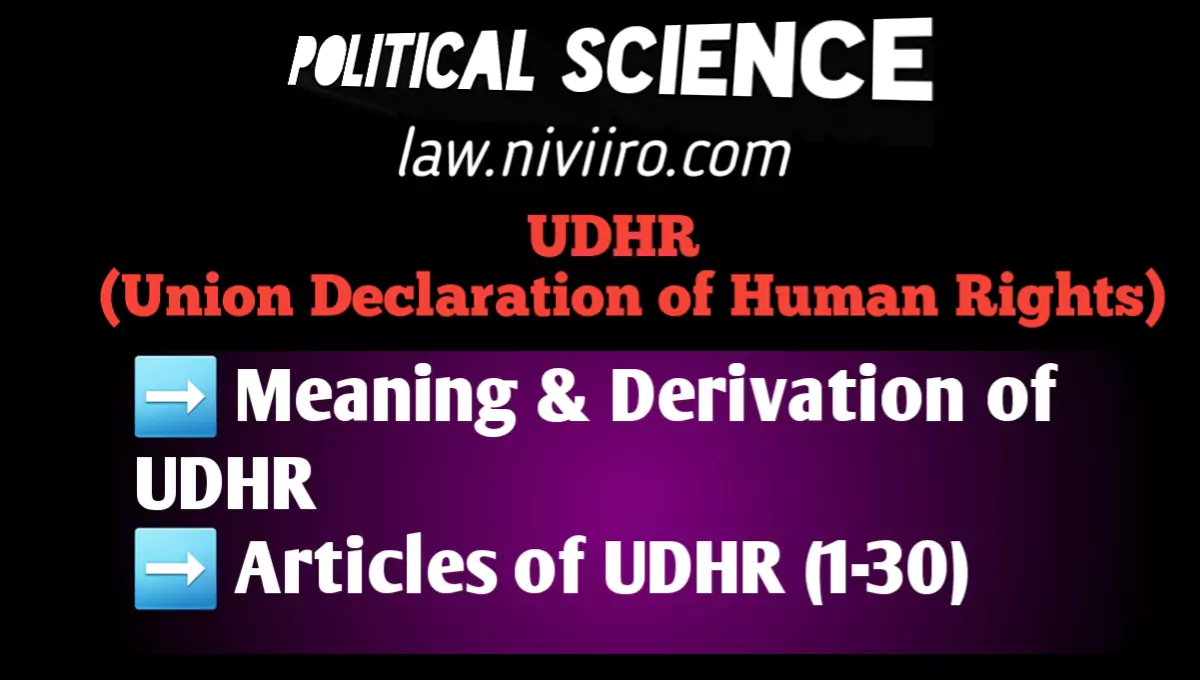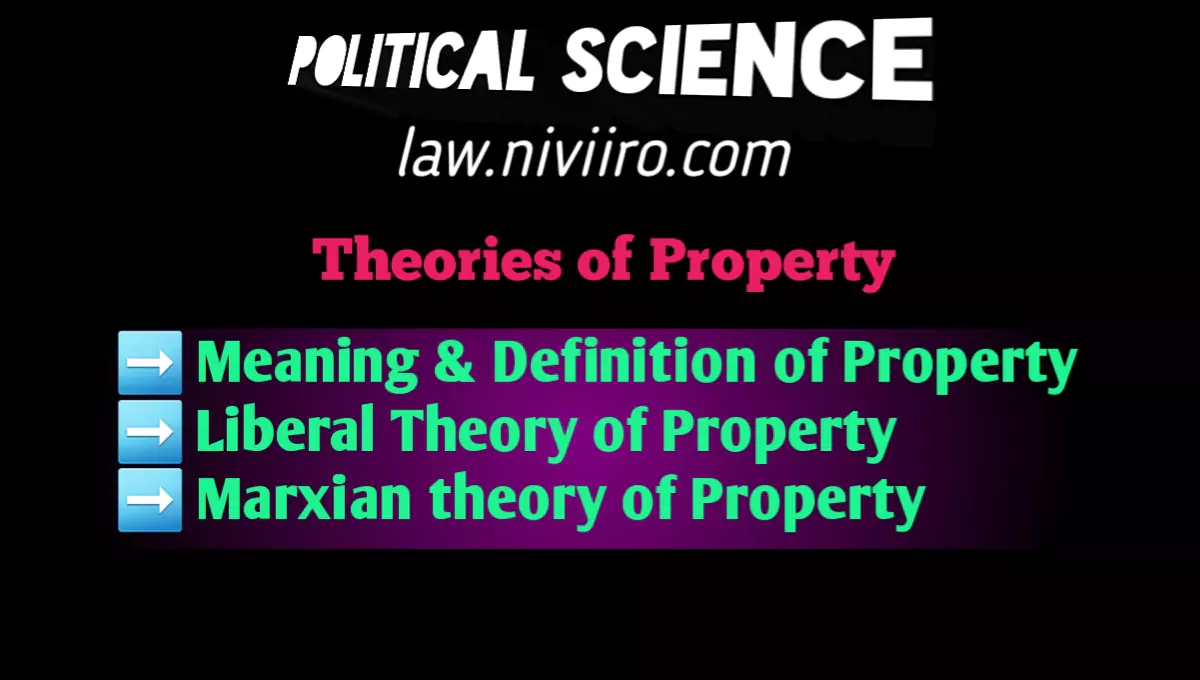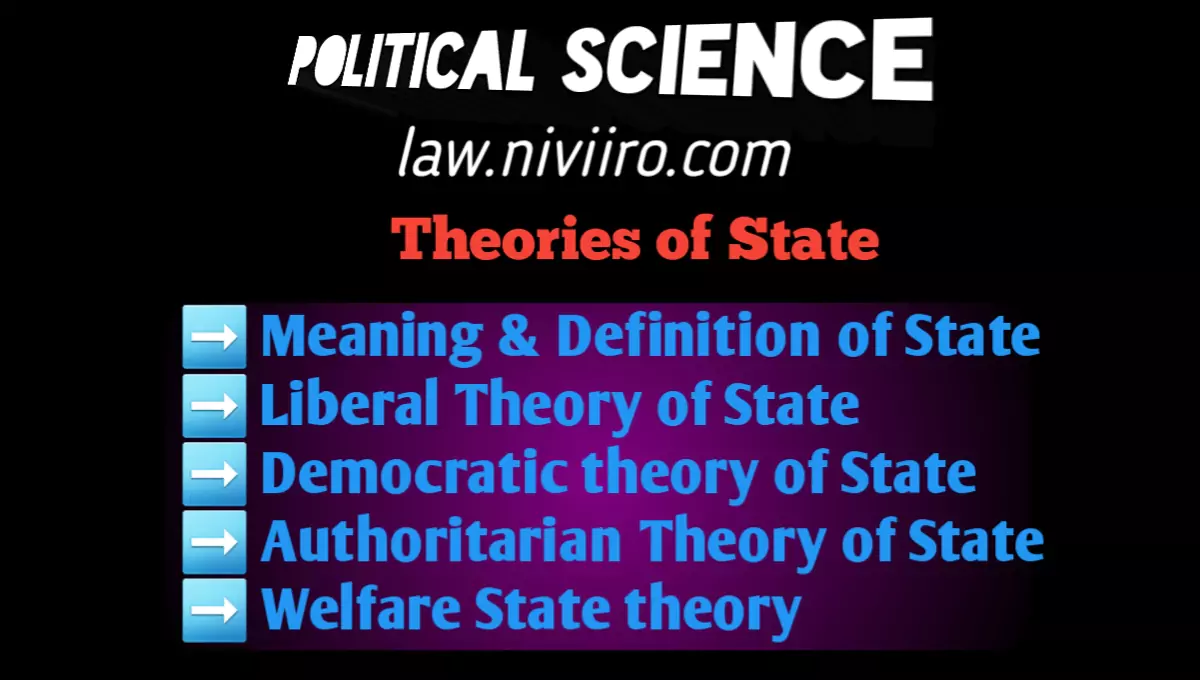[ Distinction Between the State and Government ], The terms state and government have been used interchangeably and incorrectly. They have frequently been used interchangeably, as if there is no distinction between the two. In England, the Stuarts never distinguished between the state and the government. They used this to justify their total power. “I am the State,” King Louis XIV used to proclaim. Some political philosophers have gone so far as to use these two names interchangeably.
As we all know, government is simply a state agency that formulates, expresses, and executes the collective will. The term “government” in its broadest definition, according to Leacock, “rests on the fundamental idea of control and obedience, it implies authority and submission to that authority.”
Here are several distinctions between the state and the government :
Government is only a part of the State
A state is made up of four key aspects, as previously indicated. They are the following: population, territory, government, and sovereignty. Government is the most important constituent because the State cannot function without it. The government is responsible for carrying out the State’s objectives and maintaining law and order in society.
Government is the agent of the State
According to Maciver, “When we speak of the State, we mean the organization whose administrative organ is the government…. A state has a constitution, a legal code, a method of governing, and a body of citizens. The State comes to mind when we consider this entire framework. “The State,” the United States Supreme Court ruled “It is an ideal person, intangible, invisible, and unchangeable.
Within the domain of its perfect representative agency, government is an agent; outside of that, it is a lawless usurpation. Woodrow Wilson further, saying that the state “is juristically wholly organized in its government and can only speak through the government.” As a result, it is obvious that the government is the organization or mechanism through which the State manifests itself.
According to Dr. Gamer, “Government is the agency or machinery through which the collective will of the people or state may be formulated, expressed and executed”. Prof. Laski has also seen the government as a state agent. He claims, “It exists to carry out the State’s goals. It is not the ultimate coercive power. It is only the administrative machinery that puts that power’s purpose into action “.
These definitions make it clearly evident that the government acts as an agent to carry out the State’s objectives. It formulates, expresses, and executes the public’s collective will. The former is concrete, whereas the latter is abstract. The state functions through the government. This is why, in a democracy, the government is considered as a servant and the state as the master.
Government changes frequently but the state remains more or less permanent
The government frequently changes. The government falls apart for various political reasons, and the other parties are given the opportunity to create their own governments. Chamberlaine’s government was in operation in England during World war 2 . His government was thereafter replaced by the other government. Many governments were created in this manner under the leadership of popular leaders such as Churchill, Attlee, Macmillan, Edward Heath, and Wilson. Similarly, after 1947, a series of governments were founded in Pakistan under the leadership of popular figures such as Liaquat Ali Khan, Muhammad Ali, Ayub Khan, Yahya Khan, and Zulfikar Ali Bhutto.
Similarly, during his presidency, Eisenhower, the Republican Leader, created his administration in the United States of America. His administration was succeeded by the administrations of Presidents Kennedy and Johnson, both Democrats. The English emperor, George VI, died in 1952, but his empire did not. His daughter, Queen Elizabeth II, ascended to the throne after his death. In 1917, Russia experienced a revolution, and Nicolus Czar II was deposed. As a result, the government, rather than the state, was replaced.
The State ends when it loses its authority to regulate its citizens or when its sovereignty is seized by another State. For example, Mussolini enslaved Ethiopia, and Ethiopia was unable to keep its statehood. Similarly, prior to World war ll, when Hitler captured Austria, Poland, and Belgium, these countries could not keep their statehood. These countries achieved statehood after regaining their independence following World War II. For centuries, England has been and continues to be a free nation. It has had and continues to have statehood, despite the fact that a number of governments have been founded and abolished. Similarly, prior to 1947, India could not claim the status of statehood.
Territory is the essential characteristic of the state but not of the Government
The fixed territory is a necessary component of the state but not of the government. A state cannot exist without territory, although a government can operate without it. Sometimes a state’s government is created in another state. For example, when Norway was defeated by Germany during World War II, the Norwegian Government was founded in England and operated from there. When Germany was vanquished at the end of World War II, the King of Norway returned to his homeland, and Norway’s well-established government resumed normal operations.
The people can oppose the government but not the State.
People cannot afford to challenge the state because they lack the legal authority to do so. Government is the servant of the state, and if it goes against the collective desire of the people, they can resist it and sue the government in court. And if the common interest of the people suffers, the government has a moral obligation to take corrective action.
State is Uniform throughout but the governments are of many kinds
Population, Territory, Government, and Sovereignty are the four basic components for the organisation of the state. Any human group that possesses all four fundamental elements will be granted statehood. There are many different forms of governments. Parliamentary government, for example, is popular in England, France, and Italy. Western Germany, Australia, and Sri Lanka are among the countries represented. India, Japan, Belgium, and the Netherlands Denmark, Norway, Sweden, and so on.
Presidential government is popular in the United States of America and a few South American countries. Russia, China, East Germany, Poland, and Hungary all support the Communist regime. Finland, Bulgaria, and the former Yugoslavia Nepal and Saudi Arabia both support monarchies. Several years ago, Pakistan and Burma. Military revolutions arose in Iraq, Afghanistan, Panama, and Chile. Thus, it is clear that the state is uniform worldwide, yet governments vary greatly.
State possesses Sovereignty but government does not
The state possesses sovereignty, which is one of the four essential components of a state. There can be no state unless there is sovereignty. For example, prior to 1947, India could not claim sovereignty because it was under the control of the British empire. Because the people is viewed as the source of all powers in a democracy, the government lacks sovereignty. The Indian Constitution plainly states that the people are the primary source of sovereignty. This is why, in India, a general election is held every five years.
Membership of the State is Compulsory but not of the Government
Every person is a citizen of the state by virtue of his or her birth or blood relation. However, whether or whether a person want to become a member of the government is totally dependent on their own decision. Everyone must become a citizen of the state. The government does not require its members to be members. Members of the government are those who actively participate in the operation of the government.
The State Includes the whole population but the government includes only a few people
The entire population of a state is an essential constituent of the state, but the government only includes those people who actively engage in the government’s operation. There is little doubt that the government includes the Executive, the Legislature, and the Judiciary in broad terms, but technically speaking, it only contains the Executive. As a result, the President, Prime Minister, other Ministers, and their Secretaries are often regarded as members of the government.
State is Abstract but the government is concrete
The State is abstract. It is not concrete and has no practical application. The ancient political theorists saw the state as a political structure with seven fundamental constituents, but western political thinkers see the state as having only four necessary constituents. According to American researcher Professor W.W. Willoughby, a state is made up of five basic aspects. There is no agreement among specialists on the number of key constituents of the state. In terms of the government, it is realistic and has a concrete foundation. It carries out the state’s goals through its numerous departments and agencies.
In daily life for the ordinary person there is no distinction between State and Government. “For those who see concreteness rather than abstraction”, says Crorce, “The State is nothing but government and assumes complete reality only in the government”, Laski is accordingly correct in a way when he says that for the purposes of practical administration the State is nothing but government”, G.D.H. Cole is also of the same opinion. For him, the State is nothing more or less than the political machinery of the community”.
Related Post
Who said “I am the State” ?
“I am the State,” King Louis XIV used to proclaim.
What are the basic Distinction Between the State and Government ?
Government is only a part of the State – A state is made up of four key aspects, as previously indicated. They are the following: population, territory, government, and sovereignty. Government is the most important constituent because the State cannot function without it. The government is responsible for carrying out the State’s objectives and maintaining law and order in society.
Government is the agent of the State…..
References
- J.C. Johari, Political Science
- Prof. S.L. Verma, Modern Political Theory
- V.D. Mahajan, Political Theory
- R.C. Agarwal, Political Theory
- M.P. Jain, Political Theory liberal and Marxiam
- Prof. H.C. Verma, Modern Political Theory













